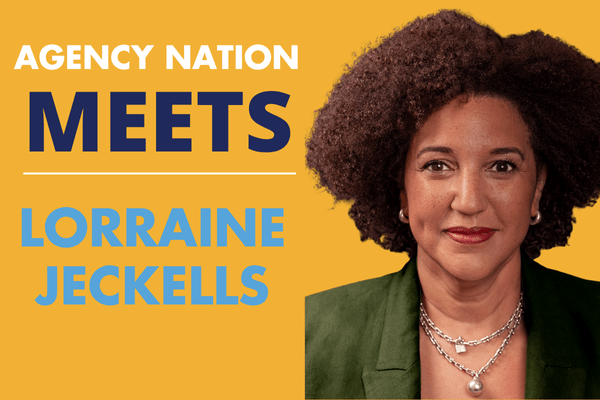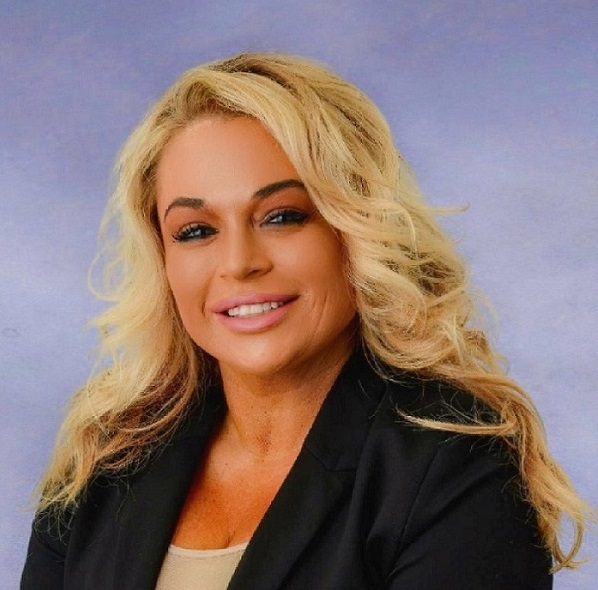4 Tips for Agents to Educate Customers on Homeowners Insurance

Can you think of an asset more important than your home? To many customers, it’s their most valuable piece of property—their sanctuary, where they spend their time, and where their family comes together. And they want to ensure their home is protected. Home losses come with stress, disruption to daily life, and sometimes, loss of sentimental memorabilia that no insurance policy can replace.
Independent agents understand the importance of making sure a home is protected. Yet, today’s conditions are causing home insurance to become increasingly inaccessible to homeowners. This market is one many of us have never seen before—causing some carriers to exit states or the personal lines business altogether. As an industry, we must recognize that rate alone cannot solve these problems.
Let’s reflect quickly on what got us here. We’ve reached a place where the cost to repair or replace continues to increase, but insurance rates haven’t been able to keep pace with these changes. Rates must adjust for these new costs of replacing homes, cars, additional living or rental expenses when a claim is filed.
Then there’s the weather. Worsening weather patterns are leading to more events across the country, and the higher overall costs to replace items are causing these weather events to be more severe. And it’s not showing signs of slowing down. In 2023, there were 28 separate weather events in the U.S. estimated at more than $1 billion dollars in losses each, according to the National Oceanic and Atmospheric Administration.
Considering these challenges, it is essential for our industry to make the adjustments to respond to the evolving risk landscape and ensure that we deliver on our promises. While change needs to happen, we do have options to support customers while maintaining a profitable business.
To keep insurance accessible to individuals and families, the way we think of home insurance must evolve from a maintenance policy to a shared contract that helps customers actively protect their property in partnership with and support from their agent and carriers. And there has never been a time when independent agents can show their true value more than right now.
In order to approach a policy like a two-way contract, customers need a trusted advisor. Agents are uniquely qualified to help their customers understand changing market conditions and related factors, including the value of homes, the increasing costs to repair and replace them following a loss, and the coverage adjustments they should consider.
At the same time, agents can educate and help customers understand the important role they play. These include:
1) Taking proactive steps to protect and maintain their property to help reduce their risk of a loss. Such steps include a focus on roof maintenance—the home’s first line of defense against the weather—as well as trimming trees close to the home, clearing gutters to avoid ice dams, and more. Homeowners should also replace older roofs that are more susceptible to failing before a loss occurs. These are simple but important responsibilities of being a homeowner.
2) Installing risk mitigation devices, such as automatic water shut-off devices, water sensors, electrical monitoring and more. The Hanover’s “2023 Home Water Damage Prevention Report” showed that 60% of consumers are unfamiliar with technology like water sensors. Installation of these devices will become as standard of a requirement as smoke and carbon monoxide detectors, and independent agents can help drive the adoption of such devices to combat non-weather-related water loss trends—one of the most common homeowner claims.
3) Understanding coverage adjustments that should be considered. This includes insuring their assets to value, plus cost-sharing opportunities—like higher deductibles—that will help overall rates but result in higher out-of-pocket payments if there is a loss.
Gone are the days when the most common home deductible was $250 or $500, and the average home price was $119,000. Today, 77% of personal lines customers have a deductible of $1,000 or greater according to our internal data. But with the average price of a home now at $412,000, as of September 2023, according to RedFin, we once again must continue to shift to higher deductibles to align with higher costs of homes and claims, including utilization of peril-focused deductibles such as wind and hail or hurricane.
4) Finding responsive, responsible contractors. Many agents have lists of pre-approved contractors who have been fully vetted to help ensure they will do good, high-quality work, helping their customers meet contractors who are qualified and reliable. These referrals to trusted partners help customers feel confident they’re in good hands and reinforce the value of local expertise in the community.
As customers see changes to home insurance in this new normal, it will be important for agents and carriers to partner together to help clients understand how these changes impact them if they have a loss. Independent insurance agents are the linchpin in this process, guiding their customers through these challenging market conditions with care and expertise.
This market is an opportunity for independent agents to reinforce what differentiates them from other channels as the trusted advisor customers need to help them protect one of their most valuable assets.
Daniel Halsey is president of personal lines at The Hanover.











